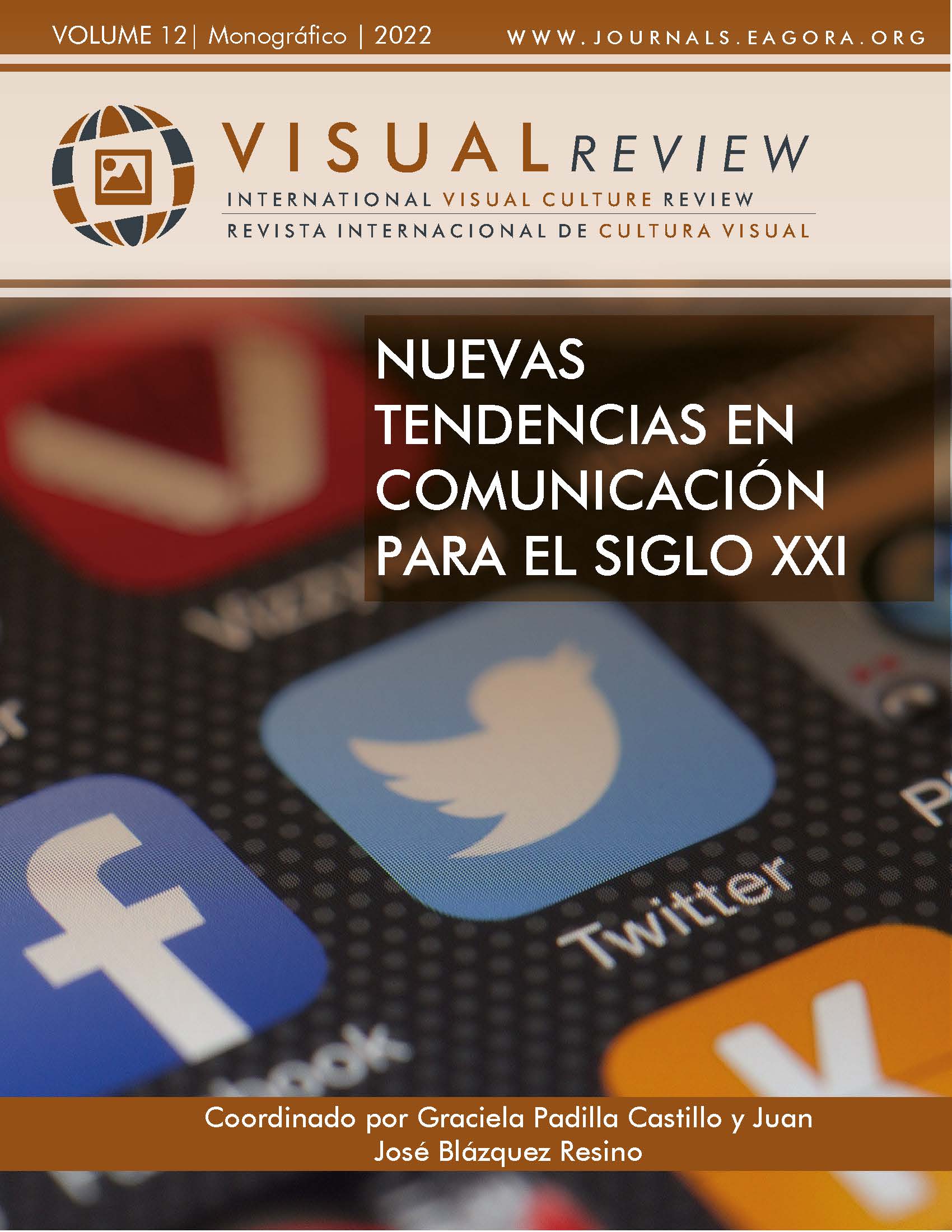The Curricular Importance of Citizenship Education in Schools in the European Union
Integration of Citizenship Education in the Spanish and German educational curricula
DOI:
https://doi.org/10.37467/revvisual.v9.3737Keywords:
Citizenship, SDG, Education, Education system, European Union, Educational curriculum, Education policyAbstract
Society is currently facing major challenges to which it must respond. In 2015, the United Nations approved the 2030 Agenda together with the Sustainable Development Goals with the aim of creating a citizenship capable of responding to the needs and challenges of society. Since 1992, Europa felt the need to create a supranational citizenship. The European Unión. Education for Citizenship is perfect for this function and its implementation in the educational systems of the countries is very diverse, resulting in different citizens.
Downloads
Global Statistics ℹ️
|
747
Views
|
397
Downloads
|
|
1144
Total
|
|
References
Caballero, Á., Cárdenas, J.F. y Valle, J.M. (2016). La educación para la ciudadanía en la Unión Europea: Perspectivas supranacional y comparada. Journal of supranational policies of education,5, 173-197. https://revistas.uam.es/index.php/jospoe/issue/view/633
Calatayud, L y Monsalve, L. (2021). Retos de la Educación para la Ciudadanía en las escuelasd e la Unión Europea: creación de la ciudadanía española digital, ética y participativa. En A.Cristina Sánchez (Ed). Retos y Desafíos de la Innovación Educativa en la era post COVID-19. McGraw-Hill/Interamericana de España, S-L. (pp. 63-83)
Consejo de Europa (2006, 27-28 de abril) Conferencia de Evaluación del Año de la Educación para la Ciudadanía Europea a través de la Educación. https://is.gd/JFobPZ
Consejo de Europa, (1997, 10-11 de octubre). Declaración del Consejo de Europa de Jefes de Estado y de Gobierno. Estrasburgo. https://is.gd/3seRyk
Elósegui, M. (2011) Igualdad y derecho antidiscriminatorio. Red Iberoamericana de Innovación y Conocimiento Científico, 45, 65-87
Enguix, S. y Bolland, E. (10 de junio de 2021). Malestar en Valencia por la idea de que los datos covid de Madrid han frenado el turismo británico. La Vanguardia. https://is.gd/Swawvy
Escudero, A. (2010). Ciudadanía y educación para la ciudadanía [Tesis de doctorado, Universidad de Castilla-La Mancha] https://is.gd/KmdtEK
Estelles, M., y Fischman, G. E. (2020). Imaginando una Educación para la Ciudadanía Global después del Covid-19. Práxis Educativa, Ponta Grossa,15, 1-14. https://is.gd/v6N3fh DOI: https://doi.org/10.5212/PraxEduc.v.15.15566.051
EURYDICE (2018). La educación para la ciudadanía en el contexto escolar europeo. Bruselas: www.eurydice.org
EURYDICE (2022). Sistemas educativos europeos www.eurydice.org
García, J.L. (1990). Fundamentos de Educación Comparada. Madrid: Dykinson. 2º Edición.
Gómez, A.E y García, C.R. (2013). El debate entorno a la Educación para la Ciudadanía en España. Una cuestión más ideológica que curricular. Enseñanza de las Ciencias Sociales, 12, 127-140
Gómez, C. (2018). Objetivos de Desarrollo Sostenible (ODS): una revisión crítica. Papeles de relaciones ecosociales y cambio global, 140, 107-118.
Ley Orgánica 2/2006, de 3 de mayo de Educación. Boletín Oficial del Estado, 106, de 04 de mayo de 2006, 97858-97921. https://is.gd/WkcSXI
Ley Orgánica 3/2020, de 29 de diciembre, por la que se modifica la ley Orgánica 2/2006, de 3 de mayo, de Educación. Boletín Oficial del Estado, 340, de 30 de diciembre de 2020, 122868-122953. https://is.gd/UA7VXg
Ley Orgánica 8/2013, de 9 de diciembre, para la mejora de la calidad educativa. Boletín Oficial del Estado, 295, de 10 de diciembre de 2013, 97858-97921. https://is.gd/GMceS0
Paricio, P. (2002). Unión Europea y sociedad civil. Fundación Universitaria San Pablo-CEU. Valencia.
Raventós, F. (1990). Metodología comparativa y pedagogía comparada. Barcelona: Boixareau Universitaria.
Rieckman, M. y Gardiner, S. (2017) Educación para los objetivos Desarrollo sostenible, objetivos de aprendizaje. UNESCO Publishing. Rie
ckmann, M. (2018). Learning to transform the world: key competencies in Education for Sustainable Development. En A. Leicht, J. Heiss, y W. Byun (Eds.), Issues and Trens in Education for Sustainable Development (pp. 39-59.) París (Francia): UNESCO.
Vázquez R. y Porto, Á.S. (2020). Temas transversales, ciudadanía y educación en valores: de la LOGSE (1990) a la LOMLOE (2020), Innovación educativa, 113-125. DOI: https://doi.org/10.15304/ie.30.7092
Wollmann H. (2019). Crónica de Alemania. En. Joaquin Tornos Mas (Ed.) Observatorio del ciclo del agua 2019 (pp.25-44).
Downloads
Published
How to Cite
Issue
Section
License
Those authors who publish in this journal accept the following terms:
-
Authors retain copyright.
-
Authors transfer to the journal the right of first publication. The journal also owns the publishing rights.
-
All published contents are governed by an Attribution-NoDerivatives 4.0 International License.
Access the informative version and legal text of the license. By virtue of this, third parties are allowed to use what is published as long as they mention the authorship of the work and the first publication in this journal. If you transform the material, you may not distribute the modified work. -
Authors may make other independent and additional contractual arrangements for non-exclusive distribution of the version of the article published in this journal (e.g., inclusion in an institutional repository or publication in a book) as long as they clearly indicate that the work was first published in this journal.
- Authors are allowed and recommended to publish their work on the Internet (for example on institutional and personal websites), following the publication of, and referencing the journal, as this could lead to constructive exchanges and a more extensive and quick circulation of published works (see The Effect of Open Access).














